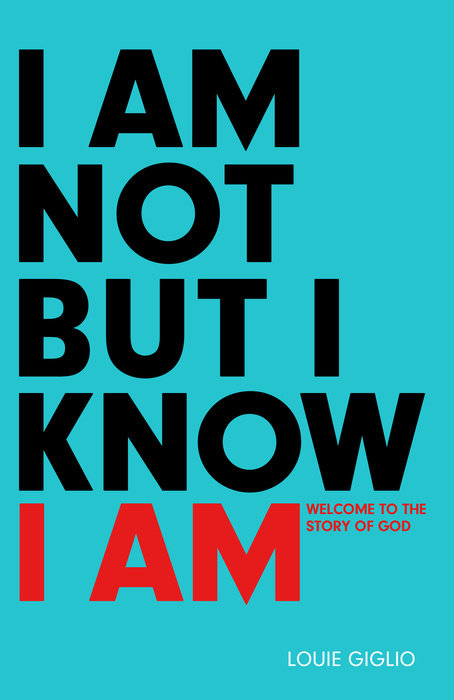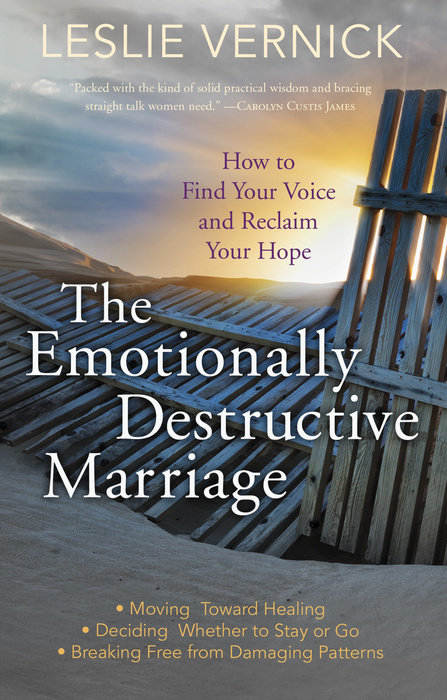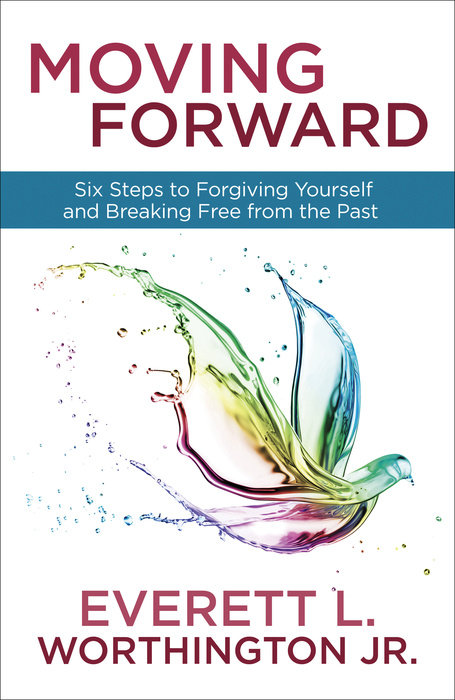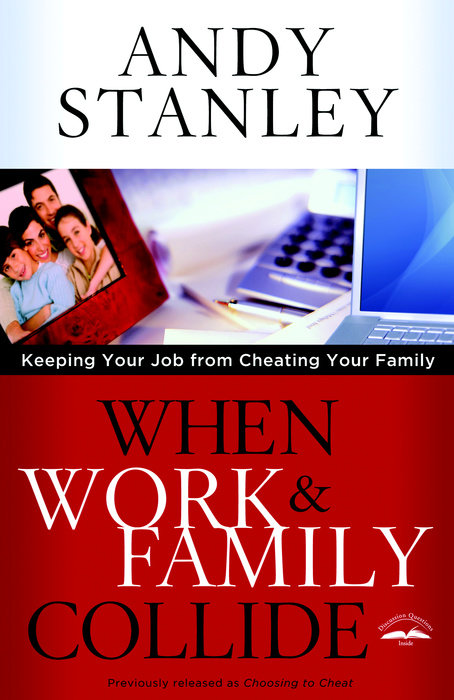Firsthand faith
“Hand-me-down faith may work when things are going well, but when pressures and problems hit, what you thought you believed will crumble
Firsthand faith is not something you wear on the outside. Firsthand faith, in our experience, is centered deep in your own mind and heart. Sure, it’s still a work in progress, but it’s yours. It’s you. When hard times hit, you have a lot to draw on to weather the storm. In fact, firsthand faith is so real and personal that it just gets stronger when it is challenged.
Who wouldn’t want that kind of living, breathing faith?”
Excerpted from Firsthand by Ryan and Josh Shook
Daily Reflection: Are you relying on the faith of another (parent, spouse, child, friend), or do you know the Lord firsthand?







